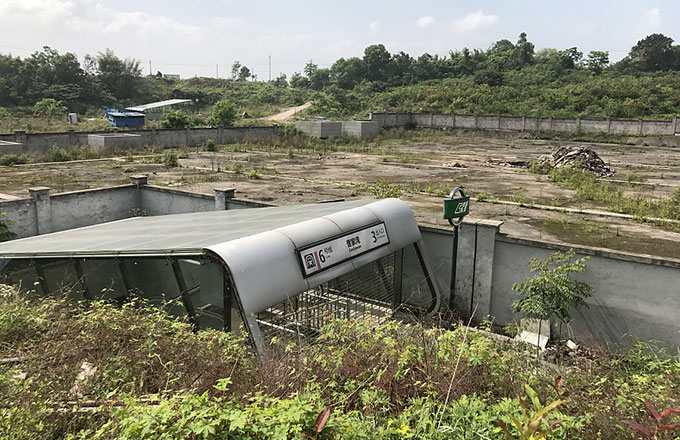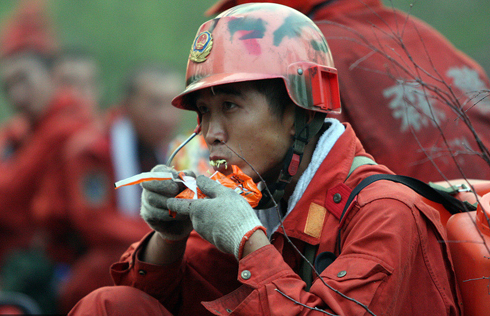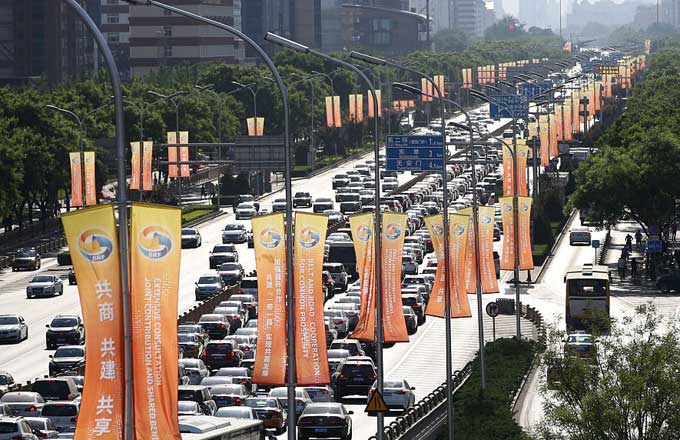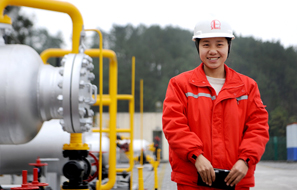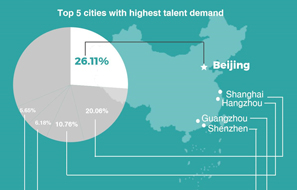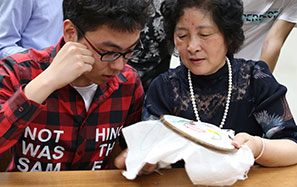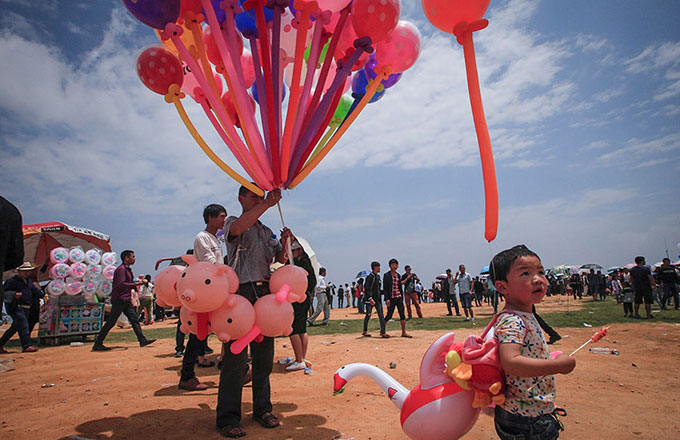Material pursuits deprive us of happiness
I recently stumbled on an online video of The Happy Song, which is designed to make babies happy.
British psychologists used babies' brainwaves to find out what kinds of sounds make them happy. The babies like, for example, words that start with the letters "P" and "B", but not with "L". They like the pitch to be in the range of a female human voice, with fast tempos. Grammy-winning songwriter Imogen Heap used this research to write The Happy Song.
It worked. All the babies in the video started laughing on hearing the song. My 10-month-old grandniece perked up and paid close attention when she heard it.
I hope they are working on a Happy Old Man song next.
Bhutan, the tiny Buddhist kingdom in the Himalayas, included the goal of enhancing "Gross National Happiness" in its 2008 constitution. Amazingly, the country's Legal Code 1729 states "if the government cannot create happiness for its people, there is no purpose for the government to exist". Famously, the US Declaration of Independence says the reason governments exist is to secure the rights of "life, liberty, and the pursuit of happiness". The similar Chinese concept of "harmony" goes all the way back to Confucius.
Unfortunately, GDP, which is the main metric of success for all countries, except Bhutan, has very little to do with happiness. It's just a measure of the "goods and services" produced by the country.

But, some of those goods are really "bads". A company spewing chemicals into a lake would count as an increase in GDP, but no one would be happier - except maybe the company's owner. Ironically, cleaning up the lake also counts as GDP. Putting a million new cars on Beijing's roads would count as GDP, but almost everyone would be made less happy.
Rich countries are not happier than poor ones. According to the 2015 Gallup Positive Experience Index, the South American country of Paraguay ranked happiest in the world.
Research by Nobel Prize-winning economists Angus Deaton and Daniel Kahneman concluded that, in the United States, happiness increases with income up to about $75,000 per year. In most regions, that is about the amount a family needs to pay for the basics of life - food, housing, medical care, education, and the cars needed for transportation. After that, additional income does not lead to additional happiness. Logically, people could be made happy for less money if medical care and education were not so ridiculously expensive and if a better, cheaper, and a safer transportation system could be built.
Research consistently shows that two factors are key to happiness - opportunities for social interaction and having a feeling of accomplishment. But in many countries, especially rich countries, society is structured to maximize goods production, while work time squeezes out social time.
Too many people in the US work long hours and commute long distances so they can afford big houses, big cars and other material things, but they lose touch with their children and don't know their neighbors. Dangerous, car-dependent cities deprive us of needed exercise, force us to waste time on the roads, and take away the places kids need to play. Of course, there are high pressure jobs and long commutes in China, too. But, many Chinese have been able to stick with family traditions.
Countries are like people. They need to concentrate on material goods up to a point. After that, other things are much more important.




